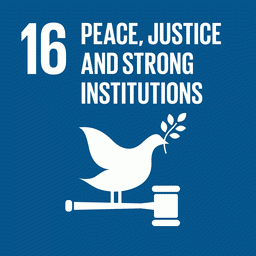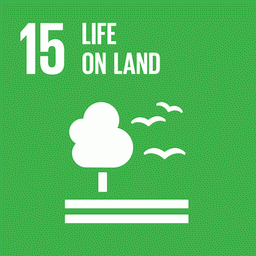Brazilian organizations submitted a document to the United Nations this Thursday (31), in which they describe the current scenario of compliance with human rights in Brazil. The Amazon Environmental Research Institute (IPAM, acronym in Portuguese), the Instituto do Homem e Meio Ambiente da Amazônia (Imazon), Seja Legal com a Amazônia campaign, the Instituto O Mundo Que Queremos (IOMMQ), and Amigos da Terra – Brazilian Amazon Rainforest, supported by the European organization No Peace Without Justice (NPWJ), joined forces to inform the Universal Periodic Review (UPR) of the UN Human Rights Council of their perspectives, with a focus on human rights, the environment and the rights of indigenous peoples.
The submitted contribution provided an analysis of the implementation of recommendations made to Brazil by State Parties in previous stages of the process. It also provided direct recommendations to the Human Rights Council members assessing Brazil to help the country fulfill its international human rights obligations. These include: to increase transparency in government agencies and develop opportunities for public participation in Brazil’s land designation process; to forbid the issuance of land titles for recently deforested areas and forbid future land occupations from being legalized; ensure that plans such as “Auxílio Brasil” (Brazilian social welfare program) and that “Cesta Básica” (food parcel) meet the needs of indigenous peoples, especially in relation to their food and cultural needs, which are crucial for their survival.
According to Paulo Moutinho, a senior researcher at IPAM Amazônia and spokesman for Seja Legal, the UN’s periodic reviews are fundamental because they establish parameters for the fulfillment of human rights and allow the articulation of different countries around the mission to protect, respect, and fulfill them. For him, although in Brazil we are not experiencing an armed conflict, which takes the lives of thousands of people every day, a large number of Brazilians have their lives and rights continually threatened. “In this changing world full of fake news, it is essential to understand that respect for human rights results in credible and well-established parameters. This allows the international community to have a means of demanding action from governments so that such respect remains and increases on a global scale”, he says.
Universal Periodic Review
According to representatives of the organization No Peace Without Justice, the lack of peace and justice in different parts of the world may also reflect a lack of understanding that all human beings are born free and equal in dignity and rights. They also point out that Brazil’s recent history still shows that much remains to be done in terms of sustainable development and human rights.
The UN Human Rights Council regularly assesses the compliance with human rights of each of the 193 United Nations Member States with their obligations and commitments. This evaluation is carried out every four and a half years through the mechanism called Universal Periodic Review (UPR). The role of the UPR is to verify the implementation of the previous recommendations and the evolution of the human rights situation in Member States, thus improving the world scenario. For this, the Council also relies on the consultation and collaboration of civil society organizations.
The State’s review is based on three documents: a national report prepared by the State under review; a compilation of information on the State prepared by the Office of the United Nations High Commissioner for Human Rights (OHCHR); and a summary of information submitted by other interested parties. It is in the latter that civil society organizations enter.
From these documents, the review moves on to a session of the Working Group on the UPR. After a few days of dialogue, the Working Group prepares a report which then becomes the document with the final result of the analysis.
“We hope that these collective efforts will be fruitful and help guide the behavior of the Brazilian State so that it fully fulfills its human rights obligations – including respecting and protecting indigenous peoples and the environment,” say members of No Peace Without Justice. , adding that “it is essential to emphasize that this process does not end with submission to the UPR: ensuring compliance needs to have the participation of all people, and knowing rights is the first step to understanding when they are being violated and what to do to ensure that these violations do not go unpunished”, they conclude.
To read the full report, click here.

